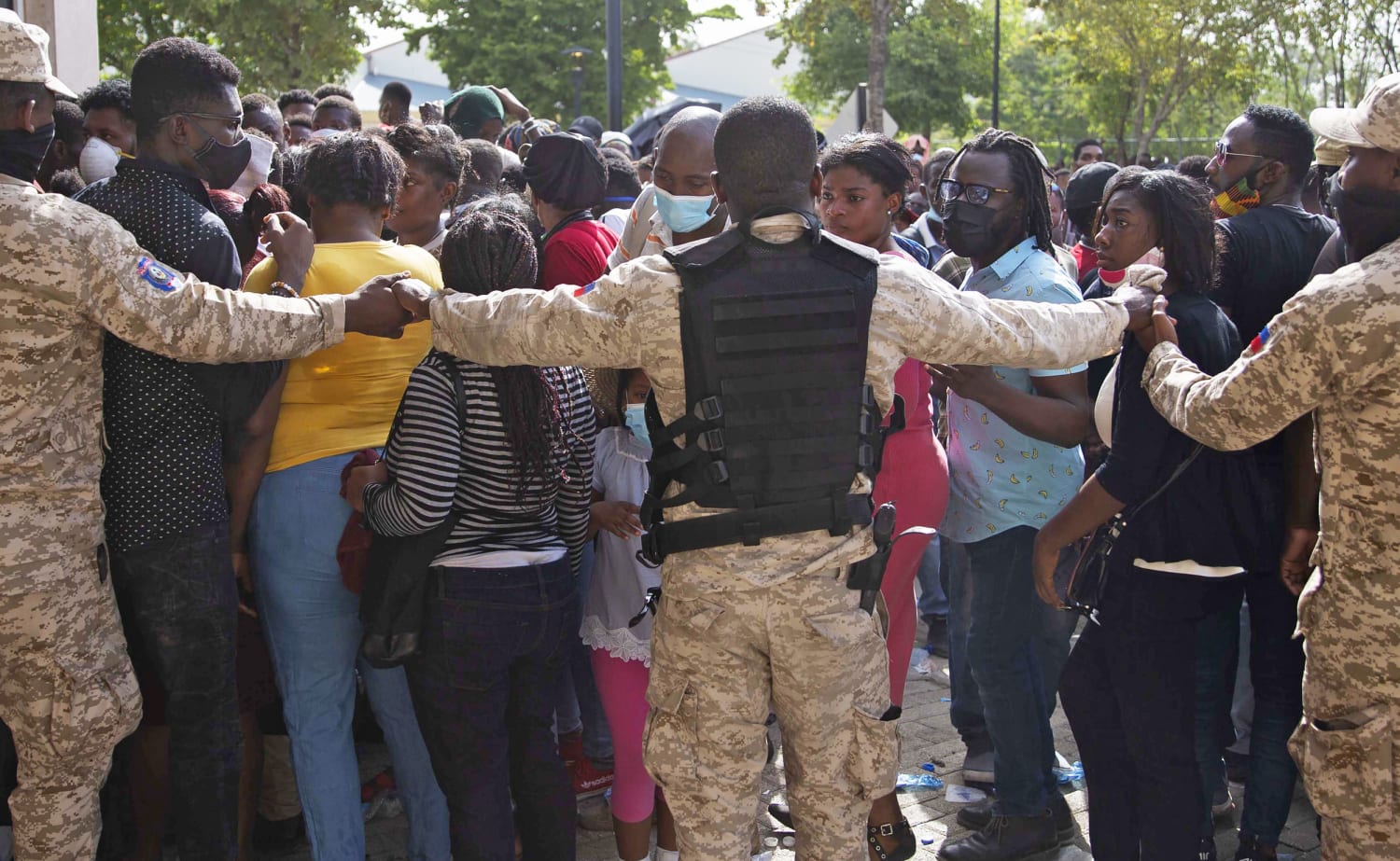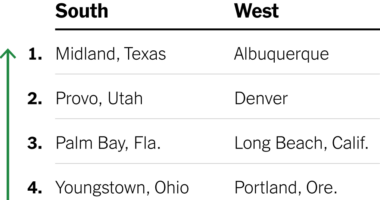After the assassination of Haitian President Jovenal Moïse last week, in which there have been suggestions of involvement by U.S. citizens and even a law enforcement informant, the interim leader in Haiti asked for U.S. troops to be dispatched to help quell civil unrest. Although the U.S. has so far declined to deploy troops, it has committed to send FBI and Department of Homeland Security agents to help investigate the assassination.
The Biden administration’s immigration policy has been at best misguided and at worst actively malicious. Haiti needs our help in ways that go beyond FBI and DHS agents.
Showing any concern for the well-being of Haitians outside the U.S. stands in stark contrast to the Biden administration’s immigration policy, which has increased their expulsion under regulations that make them a top target for removal since the administration assumed office in January. The current crisis is a moment for reflection and course correction, but it seems that the U.S. is only doubling down on a cruel Trump-era policy instead.
With Haiti increasingly destabilizing (the Moïse assassination followed protests that began much earlier over hardship, corruption, hunger and the decline of any semblance of democracy), the Biden administration has only affirmed its stance that Haitian migrants are not welcome in the U.S. Homeland Security Secretary Alejandro Mayorkas, himself a child of parents who fled Cuba, has said that Haitians and Cubans fleeing unrest in their countries will not find safety in the U.S. even if they have a credible claim for asylum and especially if they flee by sea.
“Allow me to be clear: If you take to the sea, you will not come to the United States,” Mayorkas telegraphed to the island nations, overlooking that under both international and domestic law, asylum-seekers are entitled to make claims no matter how they enter the country.
So while the Department of Homeland Security failed to prevent what seems to be at least two U.S. citizens’ participation in the plot against the Haitian president, in the month of May alone the agency did manage to send 110,453 people back to their countries of origin.
In March, the U.S. sent another pointed disinvitation to Haitians. The U.S. Embassy in Port-au-Prince tweeted a picture of President Joe Biden looking off into the distance with a caption in both English and Haitian Creole. In Creole, it read “mwen ka di sa byen klè: pa vini” The translation above it was “’I can say quite clearly, don’t come over.’ – @POTUS.”
That same month, I spent a few days in a refugee camp at the U.S.-Mexico border in Tijuana, where dozens of young Haitian men joined hundreds of others desperately hoping that the new president, who had campaigned on showing kindness to migrants, might give some to them.
The Biden-Harris administration in fact did the opposite. They deported more Haitian people in a few weeks than the Trump administration did in a year (895 people in 2020 versus more than 1,200 people from Jan. 20 to March 22, according to calculations advocacy groups made for “The Invisible Wall,” a report they put out in March). While making declarations about showing compassion to migrants, the administration packed Haitians onto crowded planes and buses and sent them back to Haiti, citing a public health order that the Trump administration had weaponized against migrants.
The order, known as Title 42, was supposed to protect the U.S. from the introduction of communicable diseases as the Covid pandemic raged. But in practice, according to “The Invisible Wall,” it has allowed both the Trump and Biden administrations to strip migrants of their rights under international law and force them into crowded and dangerous situations that present a high risk of them getting Covid-19.
Even as Biden was rolling out vaccines across the U.S. and celebrating Black History Month in February, 23 flights were filled with migrants and sent to Haiti, per the calculations by “The Invisible Wall.” Many of those deportees had not been tested for Covid, and at least three tested positive on arrival. Indeed, it was only public outcry that stopped Immigration and Customs Enforcement from loading five migrants that it knew had tested positive onto a plane to Haiti in May 2020.
Haitian migrants often arrive at the southern border of the U.S. from Brazil, where they formed a huge part of the temporary workforce that built the Olympic infrastructure for the 2016 games, or Chile, where visas had previously been easy to obtain. In recent years both countries have taken a profound turn to the right, and Haitians living there have experienced increasing anti-Blackness.
Hoping for better, they set off north. But the migrant camps on the U.S. border are far from welcoming, especially for young Black men who are not as sympathetic as families and children from South America. Haitians and African migrants have shared stories of discrimination with my colleagues and me that often seem to get lost in much of the reporting on the issues at the southern border.
Indeed, I have seen in my time working and volunteering at the border that even among migrants there are strongly anti-Black sentiments, and I have heard racial slurs used against Haitians while being refused food or supplies by volunteers or forced to wait until last to get anything. These anti-Black sentiments are by no means universal among migrants in Tijuana or elsewhere, but they do undoubtedly exist and make life even more difficult for Haitian migrants.
And while much has been made of the Temporary Protected Status given to some Haitians, this only allows “Haitian nationals (and individuals without nationality who last resided in Haiti) currently residing in the United States as of May 21, 2021” to apply for temporary relief for deportation. Mayorkas was clear that “those who attempt to travel to the United States after this announcement will not be eligible for TPS and may be repatriated.”
The Biden administration’s immigration policy has been at best misguided and at worst actively malicious. Haiti needs our help in ways that go beyond FBI and DHS agents conducting investigations. And our concerns should be for the people of Haiti, not the stability of a regime with little support. Haiti only received its first Covid vaccine doses this week, and the unrest will only prevent the vaccination process more. Haitians on the southern border haven’t been vaccinated or had a chance to come to the U.S. They’re stuck living under tarps and tents in the heat of the summer and the cold of the winter.
There is a yawning chasm between this administration’s words and its actions. Haitians are still being treated as disposable by a government that seems more concerned with looking different from the Trump regime than actually being so.
Source: | This article originally belongs to Nbcnews.com











